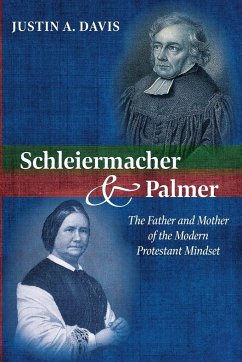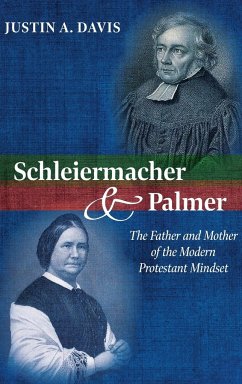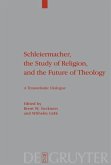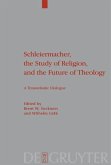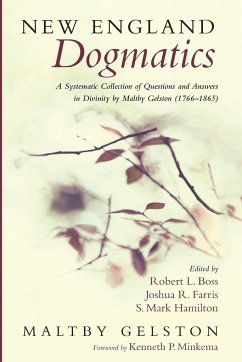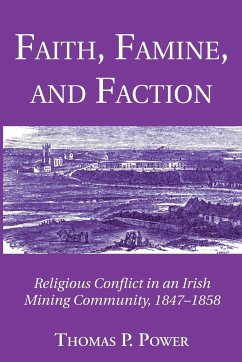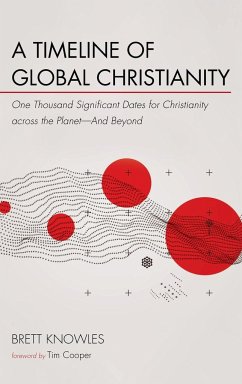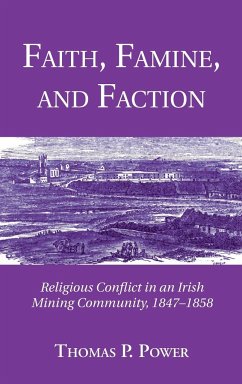Twenty-first-century Protestantism is radically different from the Protestantism of the Reformation. The challenges of modernity affected all aspects of Christianity and the more successful attempts to combat these challenges came about as a result of two rather different yet similar theologians in the nineteenth century. This work provides an exhaustive look at Friedrich Schleiermacher, the father of modern liberal Protestantism, and Phoebe Palmer, the mother of the Holiness movement. The trend of liberalism is to strip away all but what is essential to Christian life, while the Holiness movement sought to make all of life applicable to the Bible and God. While these two movements may appear contradictory, they are grounded in a shared source of experiential Protestantism, commonly known as Pietism, and develop their theological systems from this starting point. This study includes not only their theologies, but also biographies that introduce the reader to these two luminaries. Liberalism and holiness, as created by Schleiermacher and Palmer, lay the foundation for Pentecostalism, fundamentalism, neo-orthodoxy, and the interdenominational movements of the nineteenth century. Only from this vantage can we understand the modern Protestant mindset.
Hinweis: Dieser Artikel kann nur an eine deutsche Lieferadresse ausgeliefert werden.
Hinweis: Dieser Artikel kann nur an eine deutsche Lieferadresse ausgeliefert werden.

